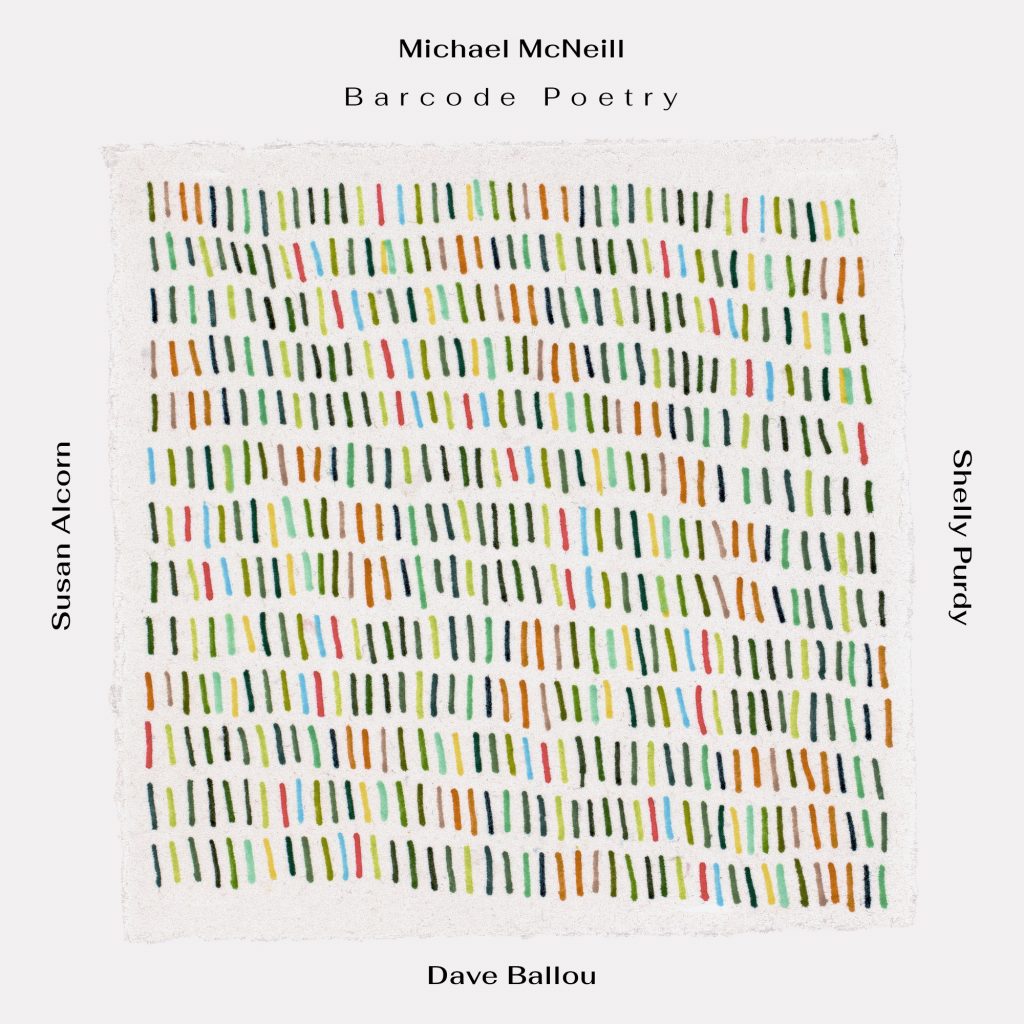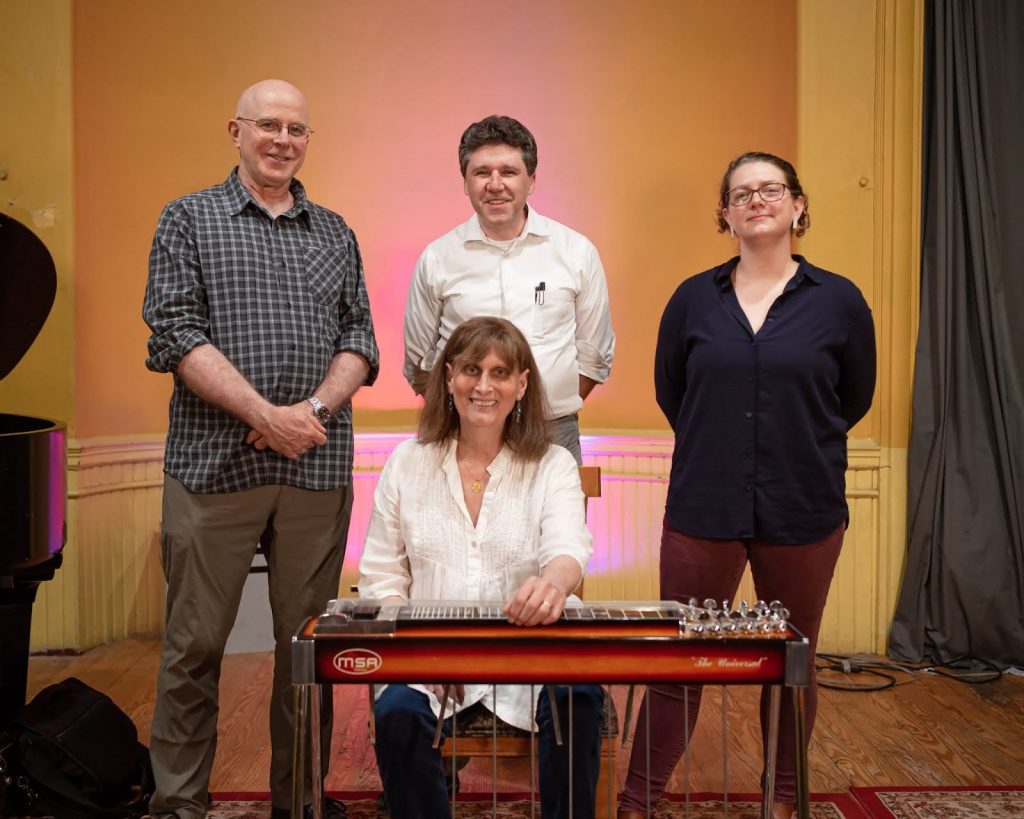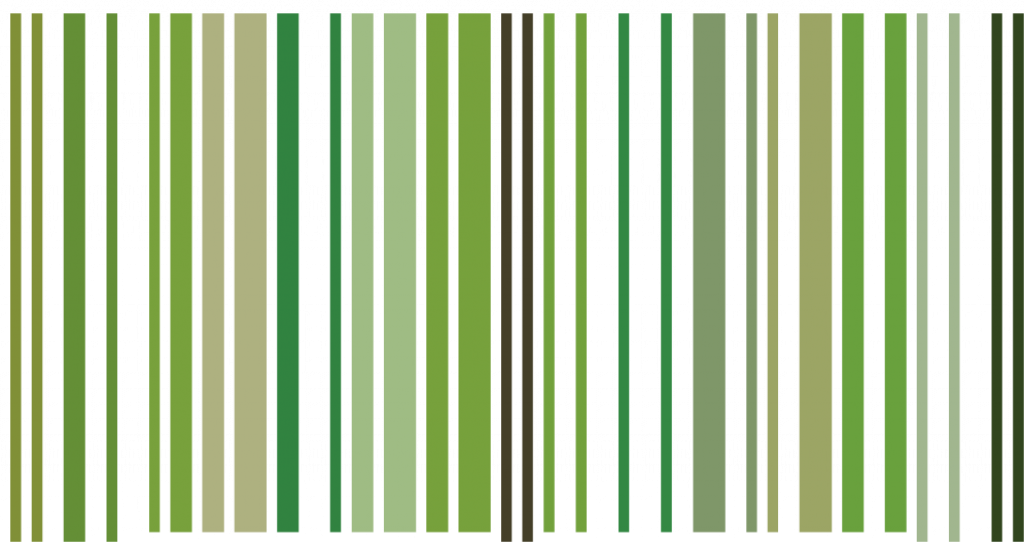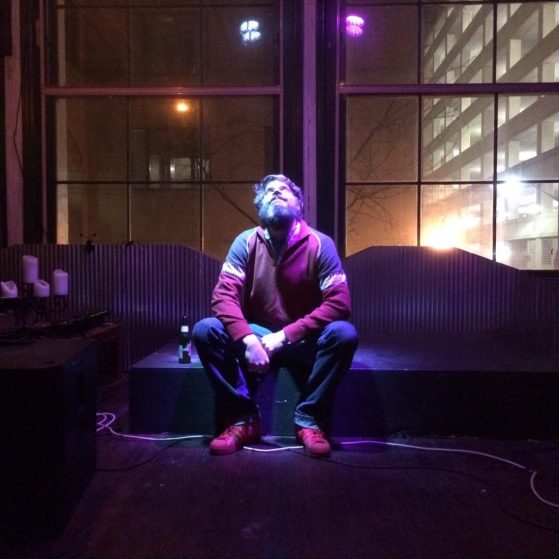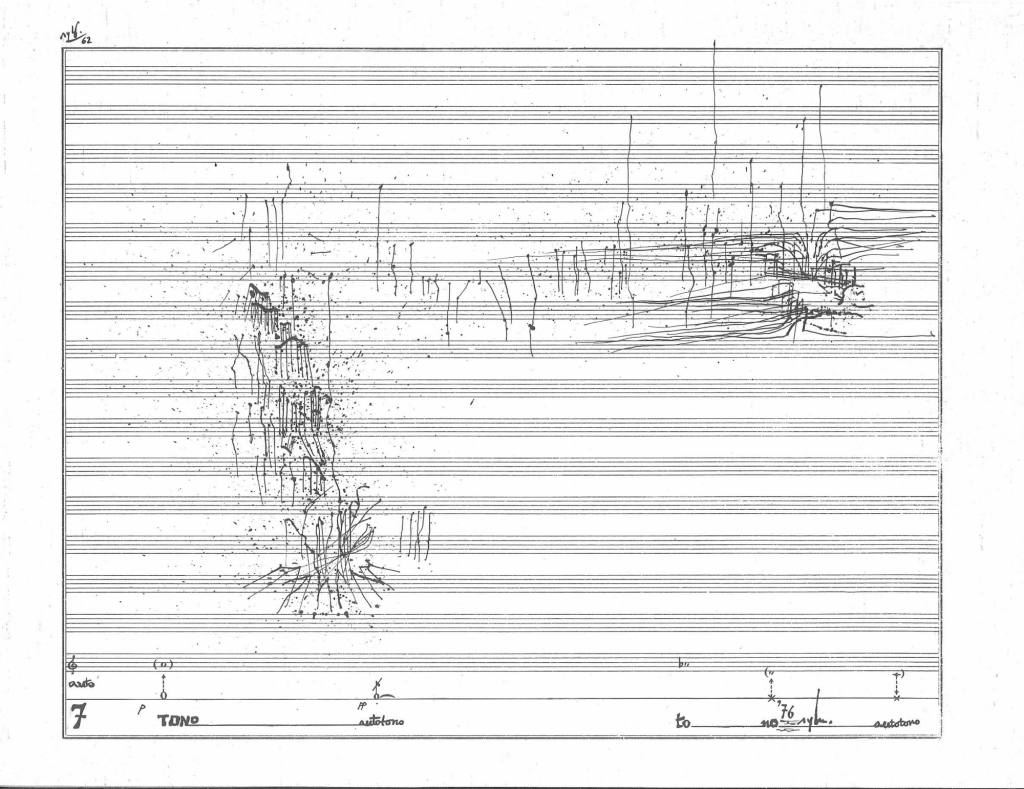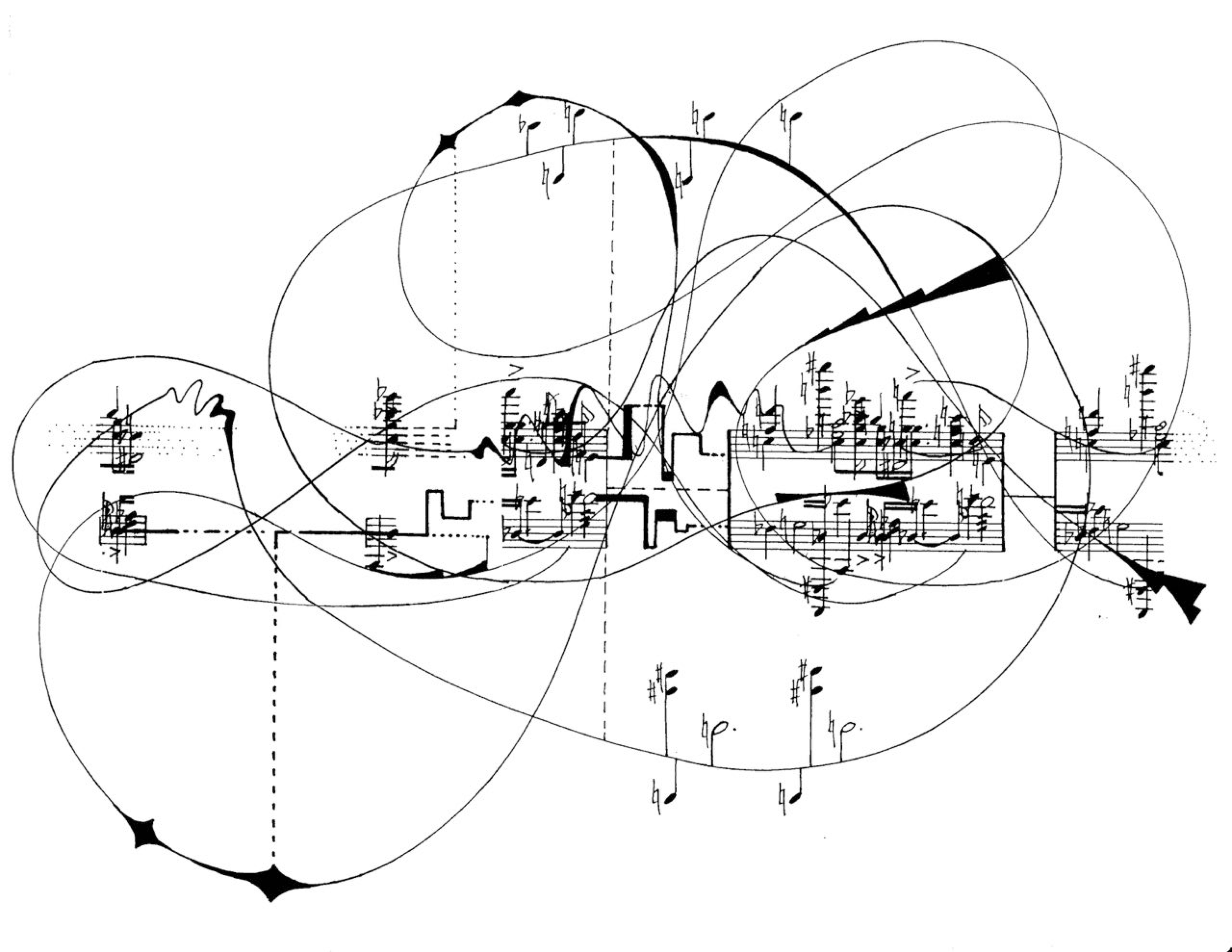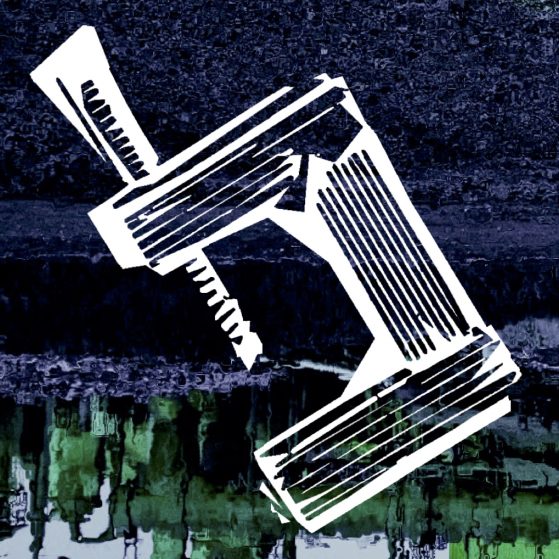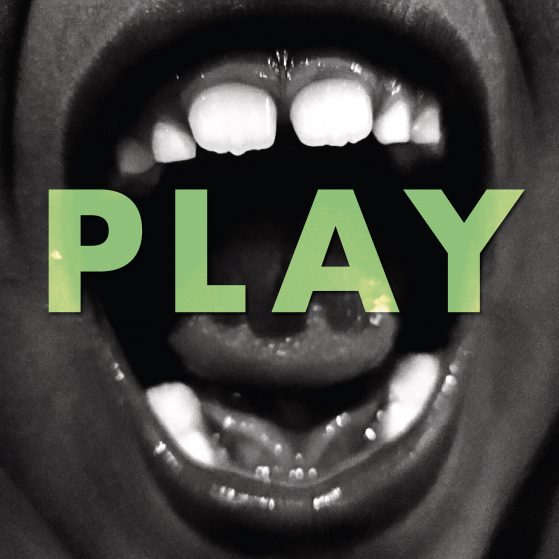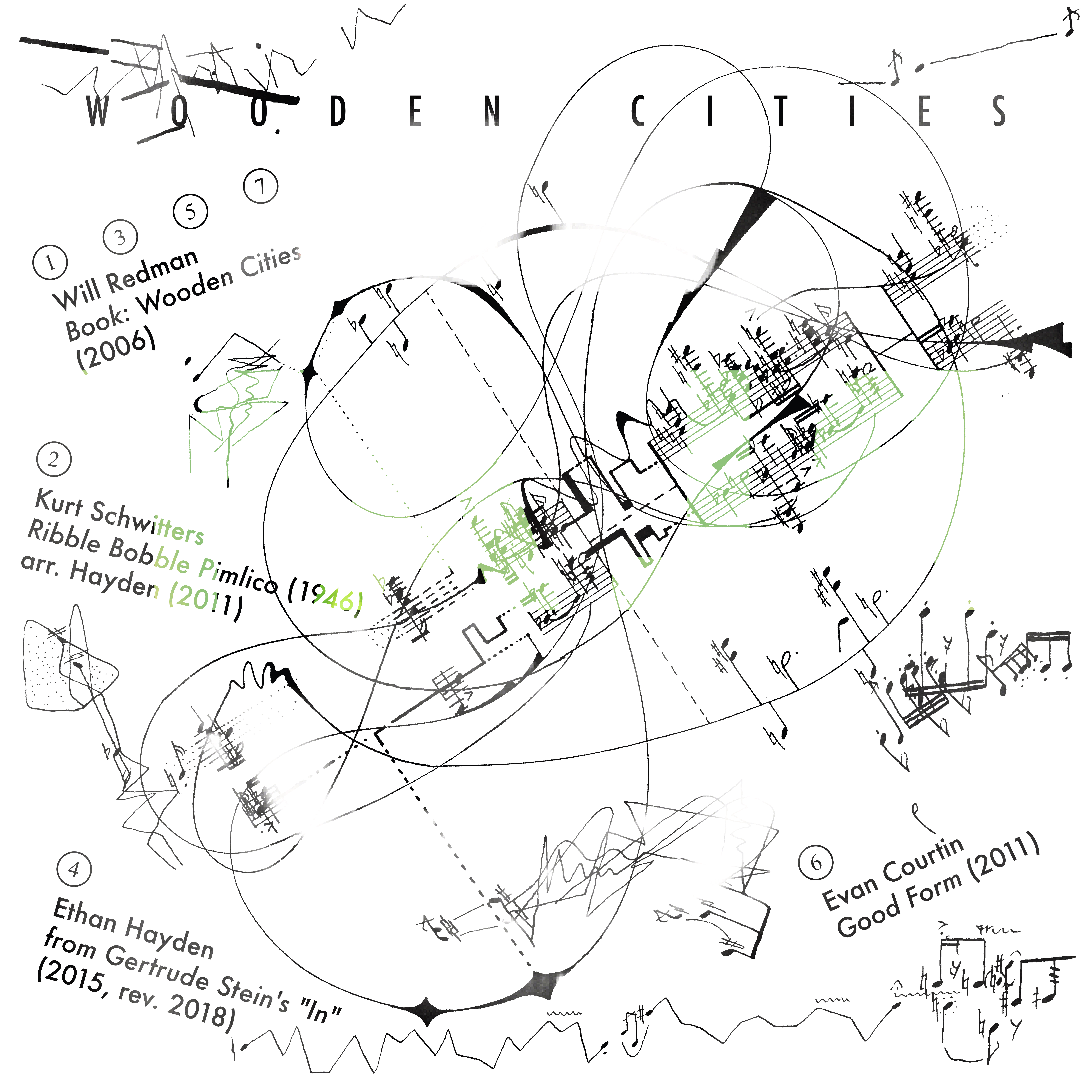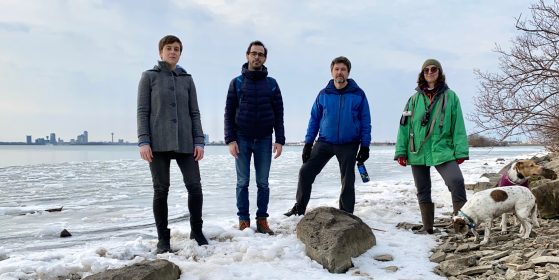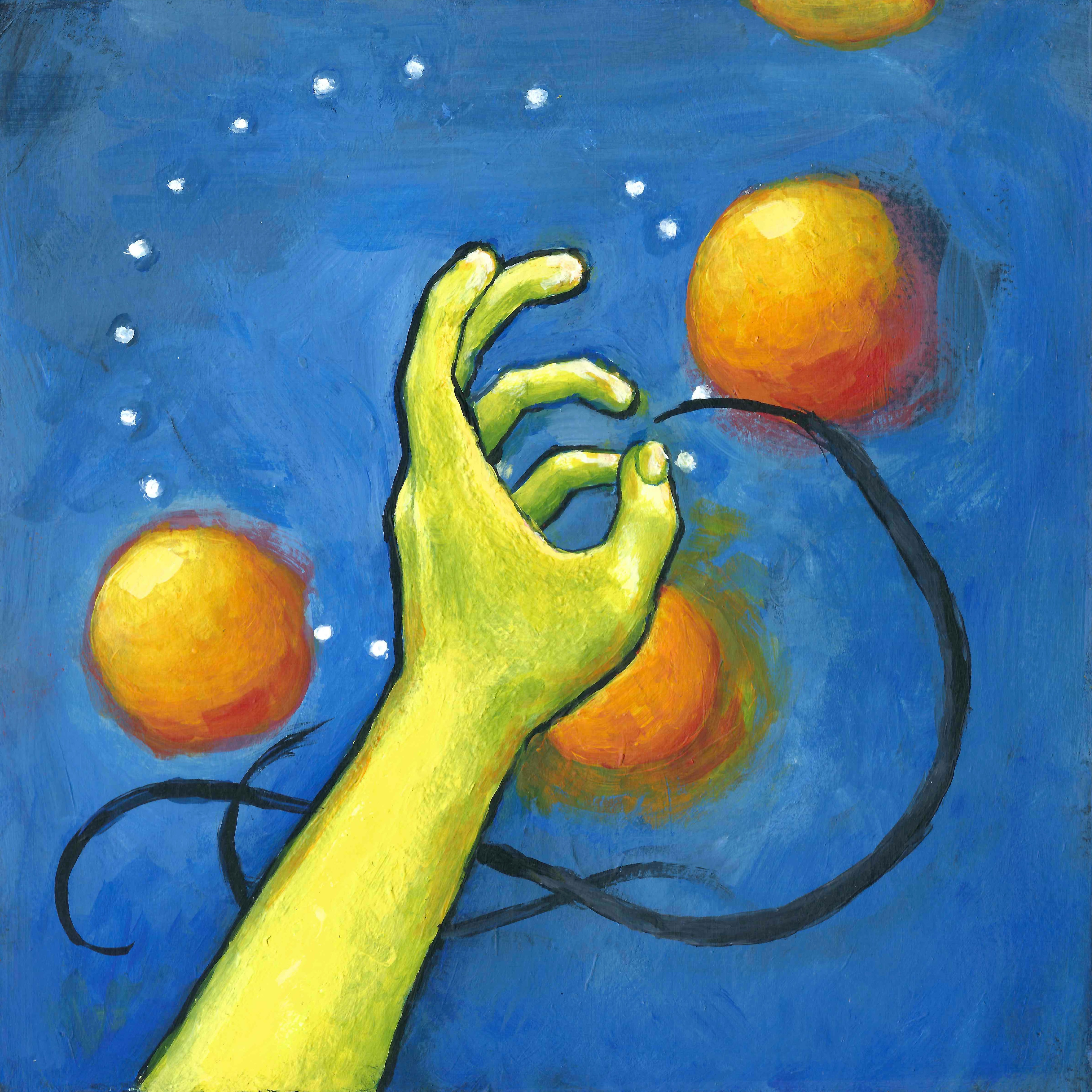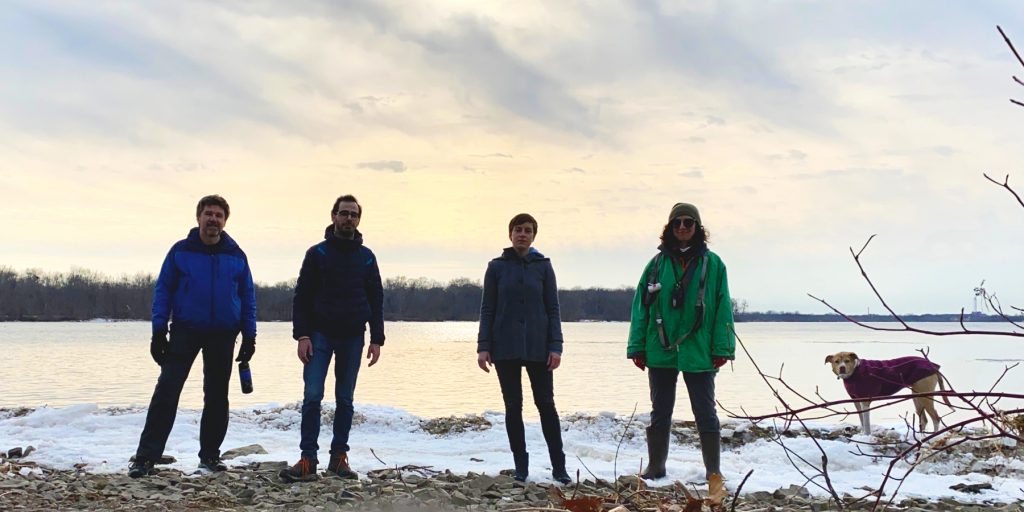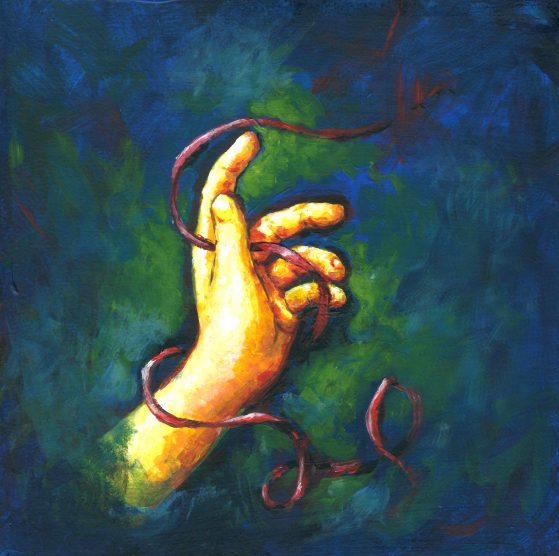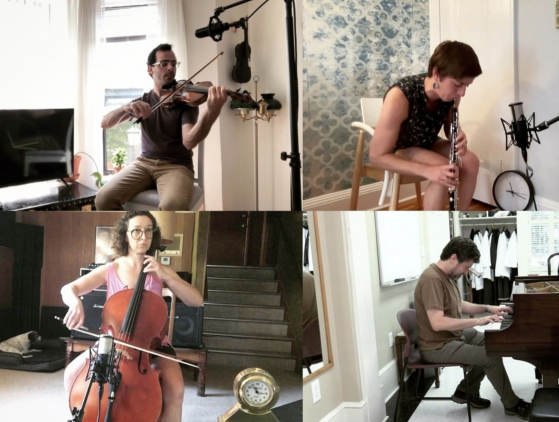New Release: Rust Belt Artists Against Genocide

Infrasonic Press is excited to release Rust Belt Artists Against Genocide, a multimedia project to benefit organizations providing emergency aid to those suffering in Gaza, and/or working toward a permanent ceasefire and an end to apartheid. The project consists of a compilation album featuring 24 new tracks by regional musicians, a digital/physical booklet featuring visual art and writing by 18 regional artists, and a short film featuring a dozen artists expressing solidarity with Palestine through their creative work. All profits from the record will go to the Doctors without Borders Emergency Relief Fund and the Palestinian Youth Movement. The full project is available on Bandcamp.
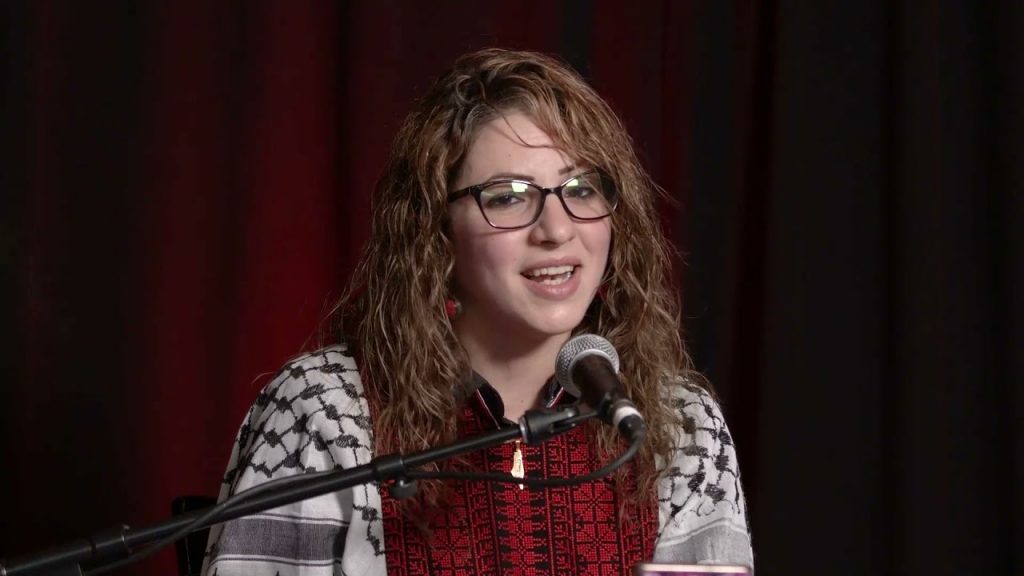
The two dozen tracks on the album represent a variety of genres, including free jazz, ambient, chamber music, noise, field recording, spoken word, synth pop, and traditional Arabic music. The musicians included are based in cities across the Rust Belt: Buffalo, Erie, Chicago, Pittsburgh, and even Toronto. The album features four traditional Palestinian songs by Erie-based vocalist Nibal Abd El Karim. Other artists featured on the compilation include:
Cover of the Earth Without My Name
Devouring the Guilt
f-f-f-f-Faulty Tower
Timothy Georger
Judy Ghost
Meredith Gilna
How Things Are Made
Kingdom of Sticks
Megan Kyle
Niecey Nicole
Null Point
Loss Pequeño Glazier
J.T. Rinker
Bill Sack
Shadow Plea
Skeletonized
The Evolution of the Arm
The International Workers’ Synthesizer/Guitar Alliance
Ben Willis
Wooden Cities
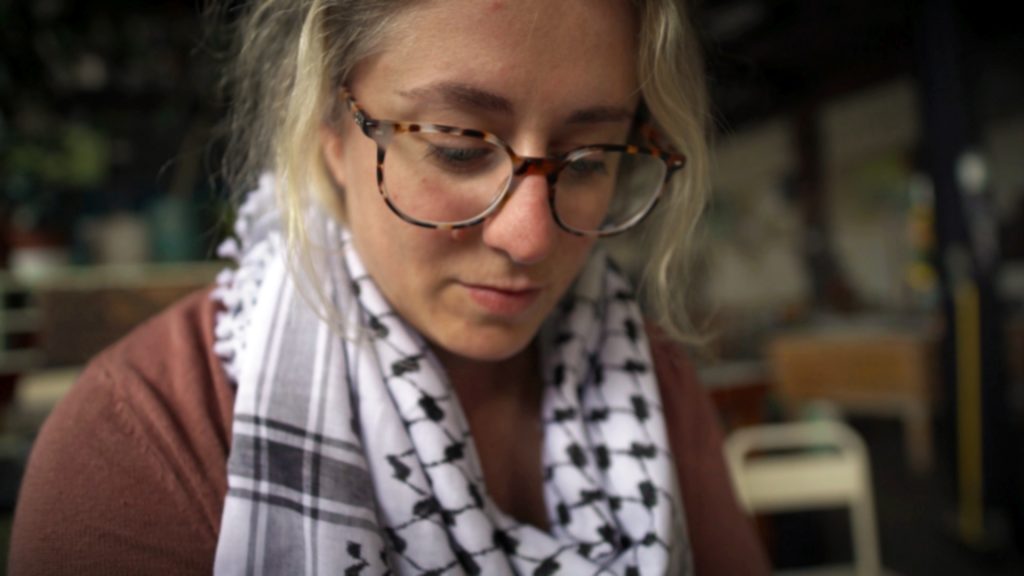
The accompanying booklet (available as a PDF with digital downloads of the album, and as a paperback volume beginning October 25), contains a collection of digital art, poetry, photography, essays, and text scores, most created specially for this release. Included in the paperback booklets will be Opportunistic Non Natives, a piece by Ashley Pastore made from Harvested non native Japanese Knotweed or Mugwort pulled from Presque Isle State Park. Other artists featured in the booklet include:
Nibal Abd El Karim
Benton C Bainbridge
DJ Berkman
Luis Carlos Garcia
Anthony Carson
Jamie Currie
Timothy Georger
Joe Hall
Ethan Hayden
Mabel Howard
Alicyn Knapp
Raiden Kubiak
Megan Kyle
Nathan Large
Calie Mee
Ashley Pastore
Null Point
Martha “Marty” Nwachukwu
Liz Slagus
Colin Tucker
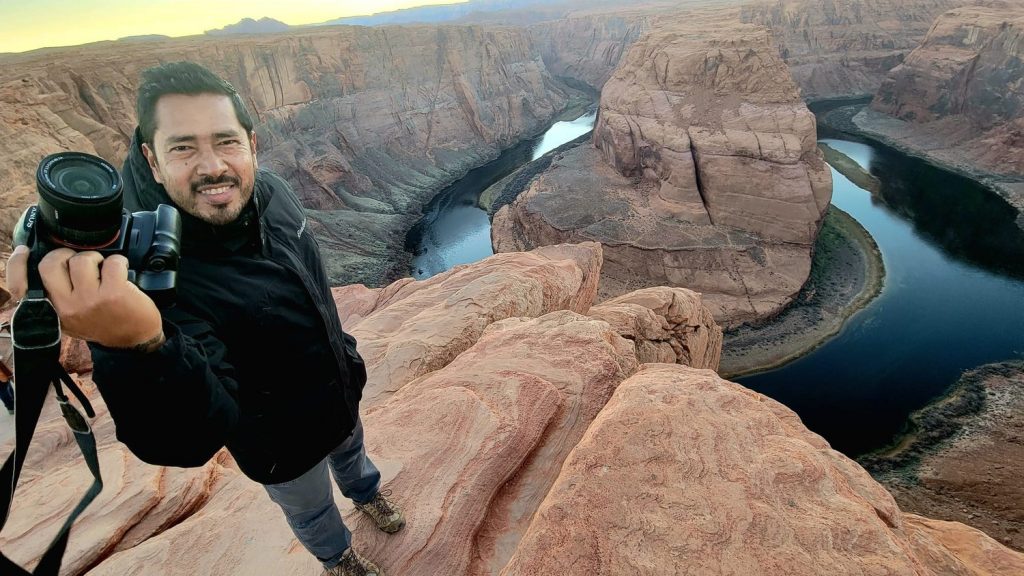
Finally, the project will also feature an eponymous short film by Erie-based filmmaker, Luis Carlos Garcia. The film portrays a dozen artists wearing a keffiyeh and creating artwork, much of it directly related to the struggle for liberation, and all of it in solidarity with Palestine. Featured artists include:
Tia Angel
Kelly Armor
Benton C Bainbridge
Anthony Carson
Jennifer Dennehy
Luis Carlos Garcia
Ethan Hayden
Mabel Howard
KellyKillz
lonesav
Mooneyes/Aaron
Ashley Pastore
Created in collaboration with over 40 regional artists, Rust Belt Artists Against Genocide is meant to raise resources for organizations supporting Gaza. It is also a means for regional culture workers to speak together against genocide and for the full liberation of Palestine.

